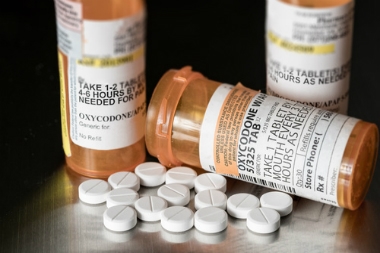Over the past few weeks, we’ve been following the progress of a tax bill that would have imposed an 8.75% tax on urgent care charges in Massachusetts. Thanks at least in part to strong lobbying against the bill by the Urgent Care Association and the North East Regional Urgent Care Association (NERUCA), among other concerned parties, the bill was stalled as the legislature’s 2018 General Session came to a close. If the bill had gone …
Read More









